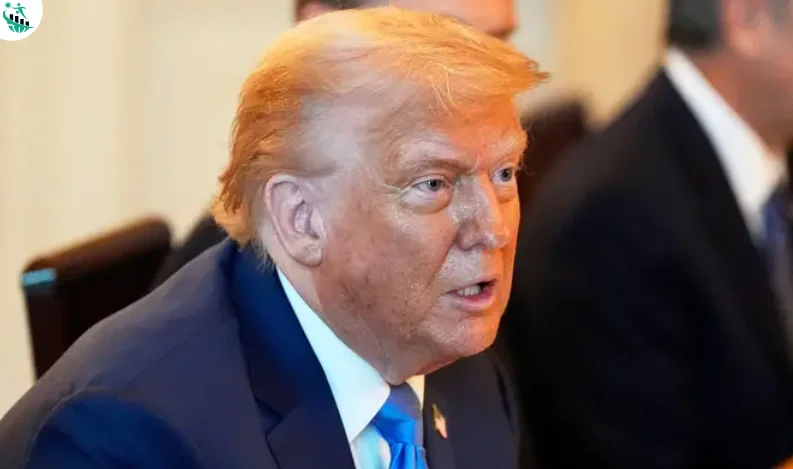
US Delays Tariff Hike, Sends New Tax Warnings to 14 Countries Including Japan and South Korea
The U.S. has postponed a planned increase in tariffs but sent a strong warning to trading partners by announcing new levy rates for 14 countries, including Japan and South Korea. The move comes as a 90-day pause on steep import taxes, initially announced in April, was set to expire this week.
President Donald Trump said the higher tariffs will now take effect from August 1, giving countries more time to negotiate. However, he added the deadline is flexible.
“I would say firm, but not 100% firm,” Trump told reporters. “If they call and want to do something a different way, we’re open to that.”
The new batch of tariff letters was made public Monday, targeting a wide range of countries and industries. Many of the rates mirror Trump’s “Liberation Day” announcement from earlier this year, which outlined his aggressive approach to trade reform.
Who’s Affected?
Among the countries receiving tariff notices:
-
Japan & South Korea – 25%
-
Malaysia & Tunisia – 25%
-
South Africa – 30%
-
Serbia & Bangladesh – 35%
-
Thailand & Cambodia – 36%
-
Indonesia – 32%
-
Myanmar & Laos – 40%
Trump said these rates could still be adjusted "upward or downward" based on U.S. relations with each country.
Mixed Reactions from Global Leaders
The announcements sparked diplomatic reactions across Asia:
-
Japan’s Prime Minister Shigeru Ishiba called the tariff increases “deeply regrettable” and confirmed Japan would continue discussions to avoid further economic strain.
-
South Korea said it would use the extended deadline to intensify trade talks with Washington.
-
Thailand’s finance minister expressed optimism that his country could secure terms in line with other nations.
The European Union was not listed among recipients of tariff letters, though prior threats from Trump suggested that talks were still in progress. EU officials reported a recent “good exchange” between President Trump and Commission President Ursula von der Leyen.
Strategic Pressure or Negotiation Tactic?
While the tariffs caused concern, experts suggest the move may be a negotiation strategy rather than a final decision.
“Trump seems to be using tariffs more as a bargaining tool than a fixed policy,” said Vasu Menon, investment strategist at OCBC Bank. “That gives hope to investors.”
“Trade deals take years to finalize,” added Adam Ahmad Samdin of Oxford Economics. “What we’re seeing are more framework agreements than detailed trade treaties.”
Market and Economic Impact
The uncertainty has already made waves in the markets. On Monday, U.S. stocks dipped, with the main indexes falling modestly. Toyota’s U.S.-listed shares fell 4%, reflecting investor concerns about auto-related tariffs.
Japan is the fifth largest exporter to the U.S., sending over $148 billion in goods last year. South Korea is also among the top ten U.S. import sources.
White House Press Secretary Karoline Leavitt defended the administration’s position, saying more letters could follow and that Trump is constantly approached by world leaders looking to negotiate.
“The president’s phone rings off the hook,” she said. “They’re all eager to strike deals.”
Treasury Secretary Scott Bessent added that his office received numerous new offers overnight. “We expect a busy couple of days,” he told CNBC, hinting at a possible wave of last-minute negotiations.
Tariffs and Trade So Far
Since returning to office, President Trump has rolled out a layered tariff plan, with taxes aimed at key industries like steel, cars, pharmaceuticals, and lumber.
While he claims tariffs are necessary to protect American manufacturers, economists warn they will likely increase consumer prices and disrupt supply chains.
In recent months, the U.S. has reached limited trade agreements with:
-
The UK
-
Vietnam
-
China (partial deal)
Each of these deals raised tariffs from pre-Trump levels and left key issues unresolved. Talks are ongoing with India and the EU, and car-related tariffs remain a sticking point in negotiations with Japan and South Korea.



Recent Comments:
No comments yet.